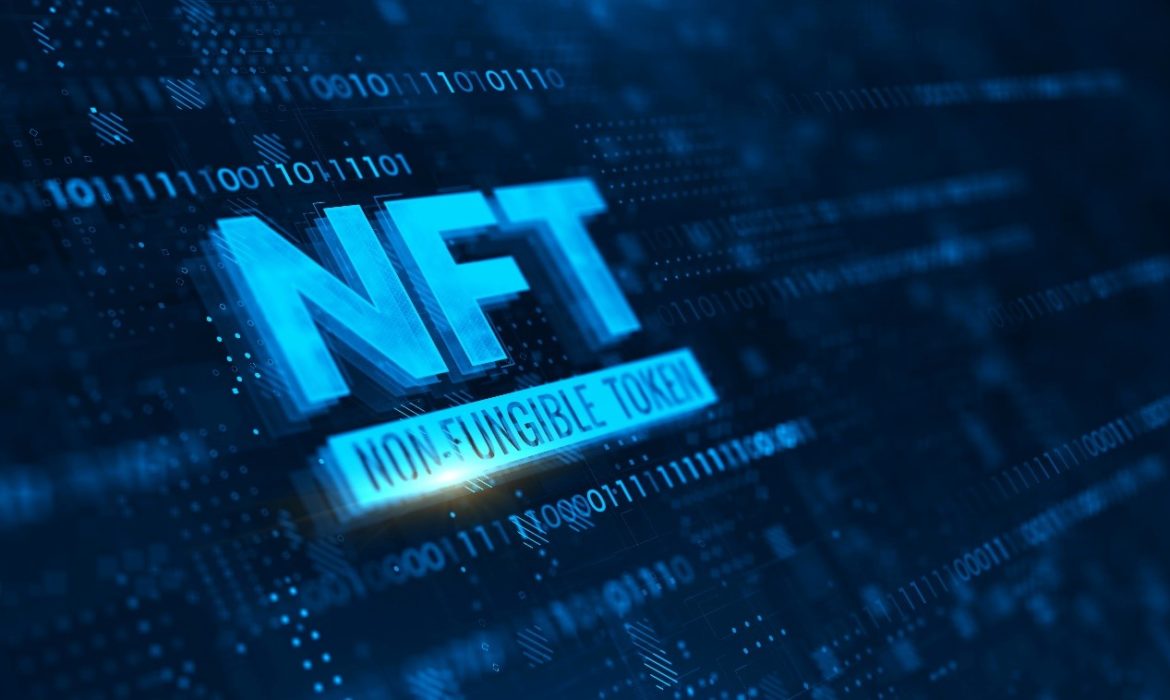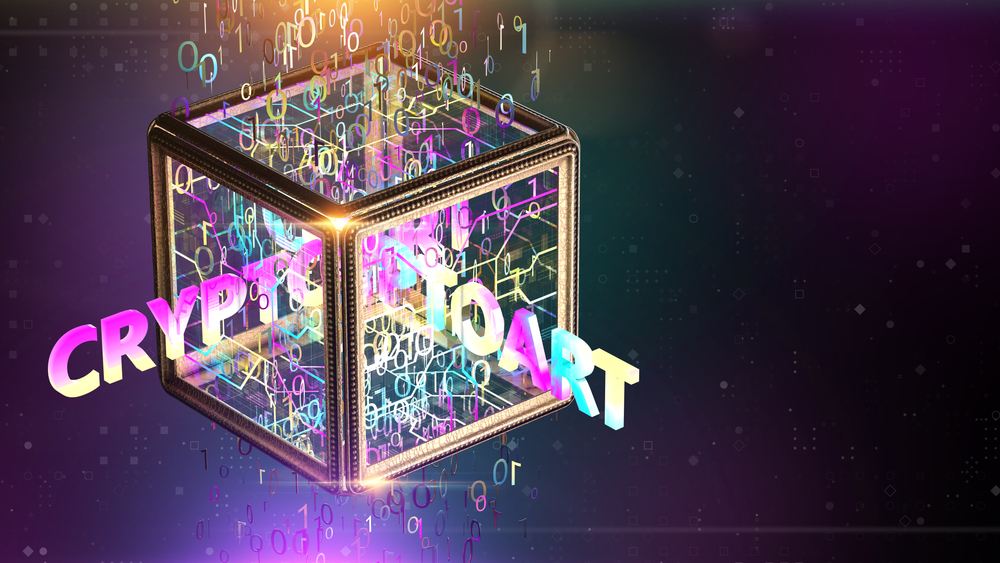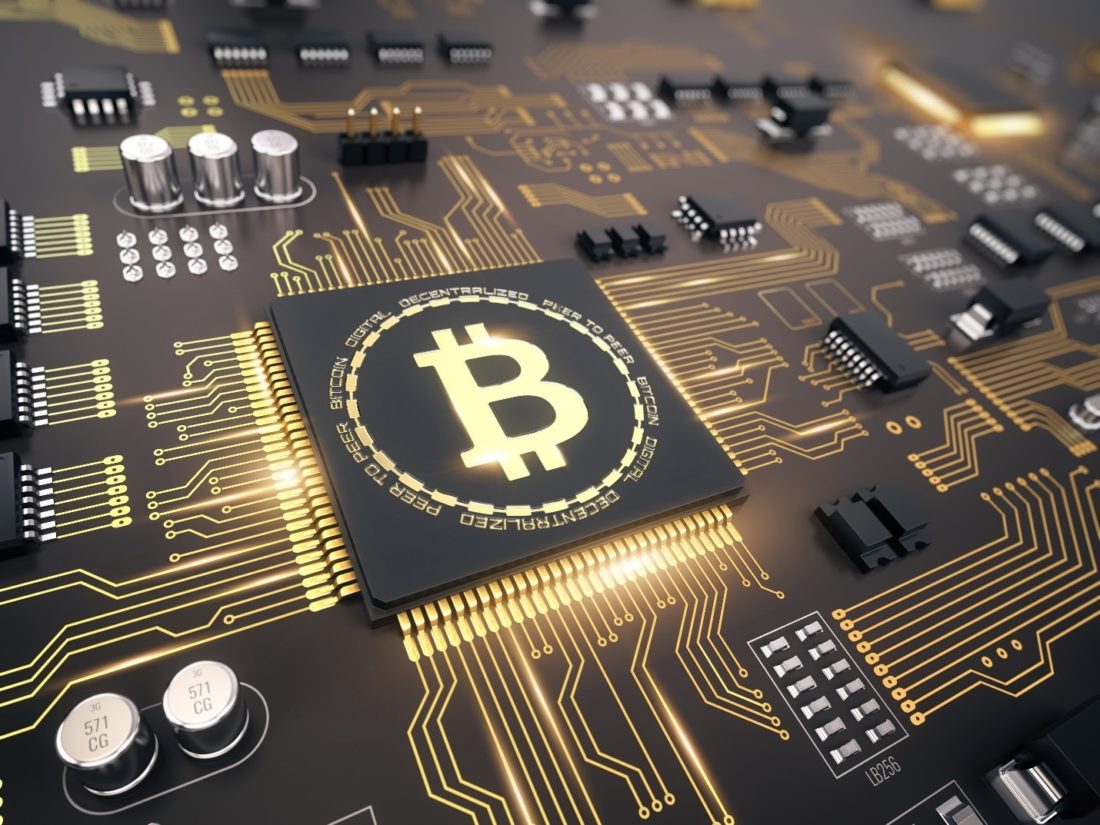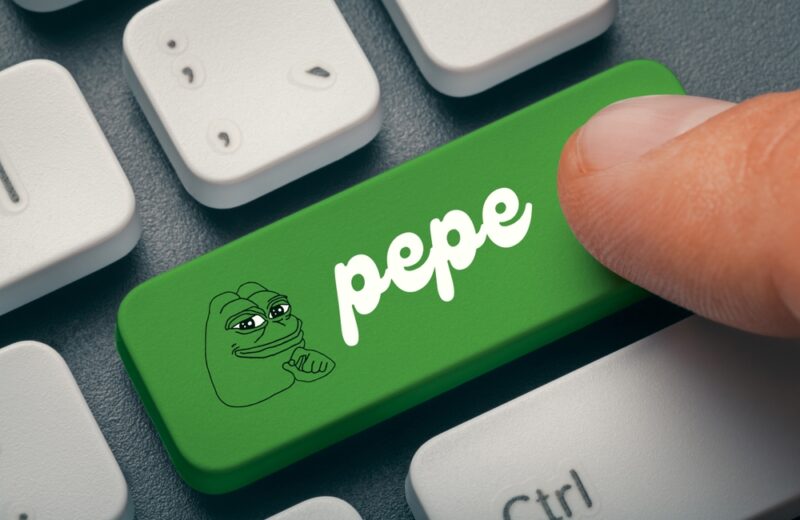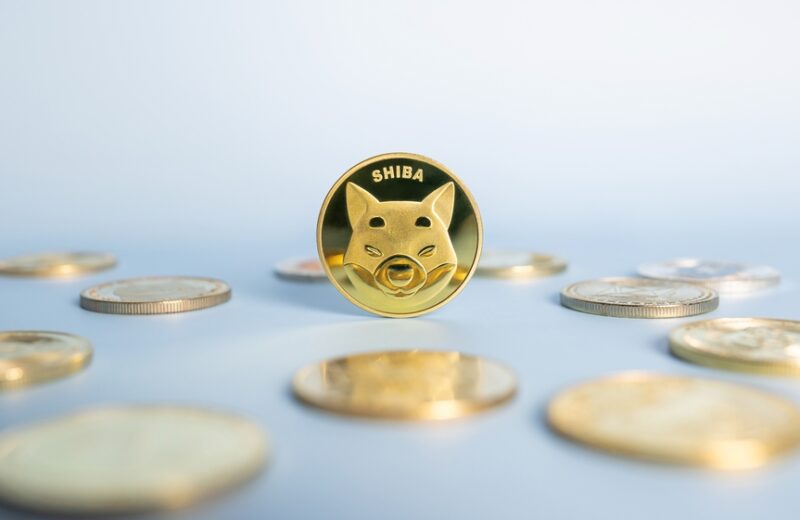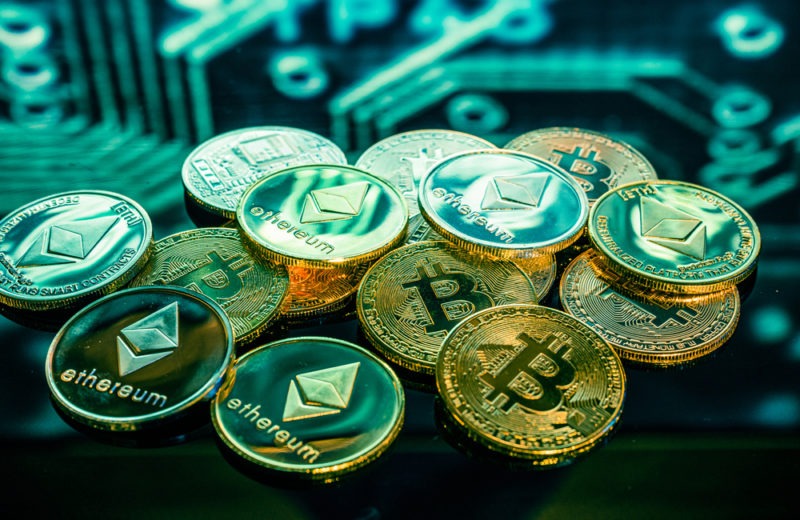Delegitimize CryptoPunks v1 and risk backlash from v1 owners or legitimate v1 and create brand dilution, lowering the value of v2. Matt Hall, the core developer at Larva Labs, the company behind the popular CryptoPunks v2 and, initially, CryptoPunks v1 nonfungible tokens (NFT) collections, announced on Wednesday that he would be “taking appropriate steps” in the coming days regarding the alleged copyright infringement of the CryptoPunks V1 collection’s “both the art and the CryptoPunks name.”
Normally, this would include sending a takedown request to the platform hosting the auctioned content under the Digital Millennium Copyright Act, or DMCA.
Cryptopunks V1 NFT Collection
Larva Labs released the CryptoPunks v1 NFT collection in 2017, with a limited edition of 10,000 pieces. Users quickly uncovered an underlying issue in the project’s smart contract, allowing Punks purchasers to withdraw their Ether (ETH) after the sale, resulting in theft. Larva Labs swiftly debunked the collection and released CryptoPunks v2, which had a fixed supply of 10,000 photos as well. The first 10,000 CryptoPunks V1 collection sold out. However, there are now a total of 20,000 CryptoPunks on the market, with the legitimacy of 10,000 of them being challenged.
The problem went unnoticed because OpenSea had already prohibited the sale of CryptoPunks v1; users wrapped them in ERC-721 tokens to mask the underlying vulnerability. However, the recent listing of the wrapped collection on LooksRare led OpenSea to lift the embargo.
In copyright law, the presence of counterfeits and diluted items can substantially impact consumers’ trust in the genuine brand, thus lowering its value. The original quantity of CryptoPunks was 10,000. Hence, adding an additional 10,000 to the collection by recognizing their authenticity dilutes the brand and lowers its value. However, no legal precedent exists to determine if the spin-off, resurfacing, and re-commercialization of an NFT art collection due to a smart-contract issue constitutes copyright infringement.


